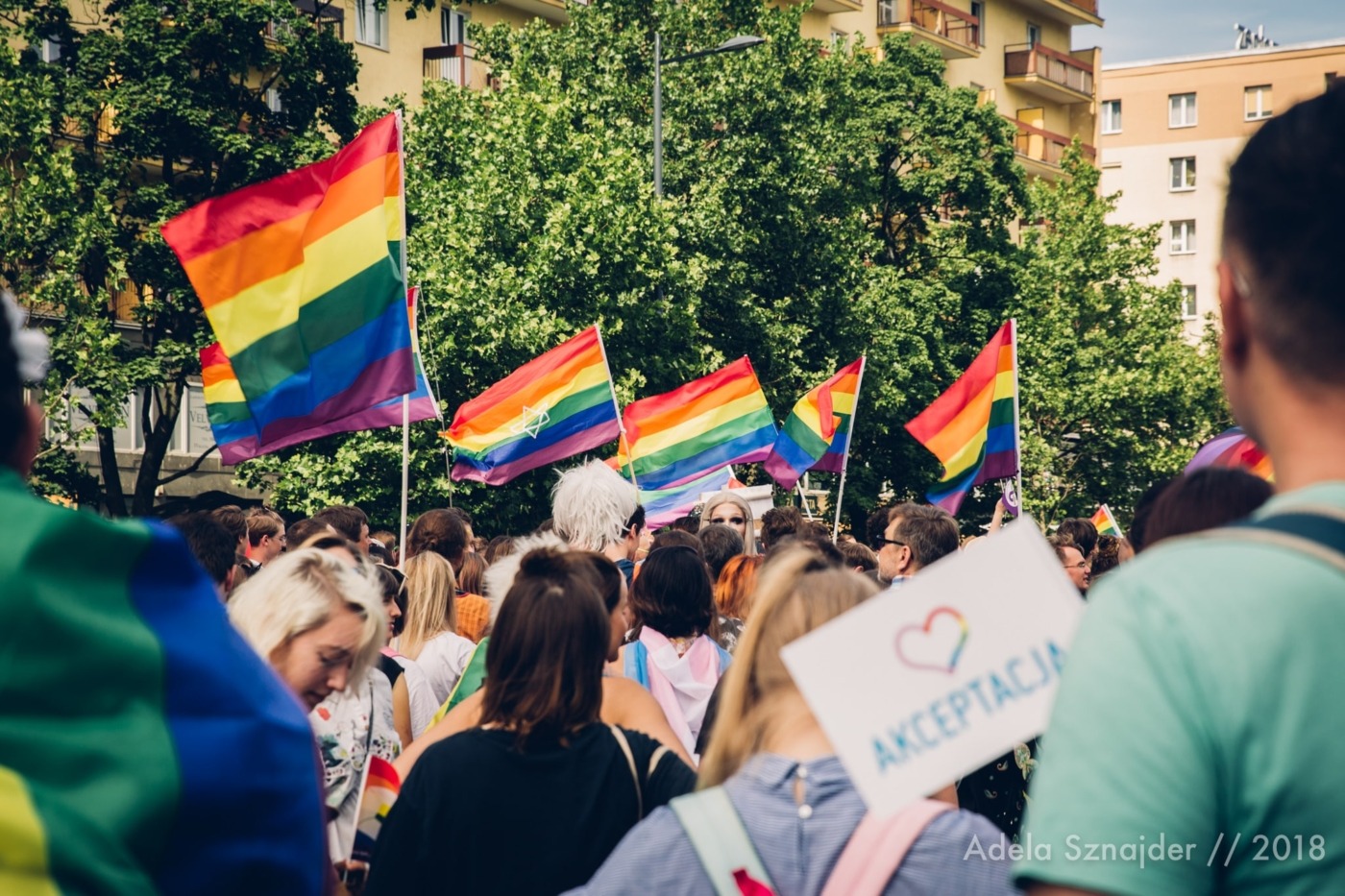LGBTQ+ rights in Poland: what is happening?
On 6th August 2020, Andrzej Duda was sworn in for his second term as President of Poland. Members of the opposing party turned up in a vast array of colourful clothing to represent a rainbow, showing their support for the Polish LGBTQ+ community.
Throughout his campaign, Duda promoted an anti-LGBTQ+ agenda. He described the LGBTQ+ movement as being “more destructive than communism”, comparing it to the struggle of his parent’s generation against communist ideology. Prior to this speech, he signed a “Family Charter.” This will prevent gay couples from marrying and banning teaching concerning LGBTQ+ issues in schools. He also has plans to amend the Polish constitution to prevent same-sex couples from adopting.
The Law and Justice party, also known as PiS (Prawo i Sprawiedliwość in Polish), endorsed and funded Duda’s campaign. Formed in 2001, the party is described as national-conservative, Christian democratic, and right-wing, with strong opposition to gay rights. PiS is currently the largest political party in Poland. The second-largest political party in Poland, Civic Platform, is fairly similar. Although there is some support from individual members, this party also opposes same-sex marriage and adoption by same-sex couples.
Mayor of Warsaw and Civic Platform member Rafał Trzaskowski is one of these individual supporters. In 2019, he signed a declaration protecting the rights of the LGBTQ+ community. This included providing access to sex education in schools and the introduction of a local crisis intervention scheme. However, there were many negative reactions.
In March 2019, after the adoption of the new LGBTQ+ charter in Warsaw, PiS fortified its anti-LGBTQ+ message. This saw various Polish municipalities adopt new anti-LGBTQ+ resolutions. A third of Poland is currently declared as an ‘LGBT-free zone’. Although the zones are non-binding in law, it sends a clear message of exclusion to the LGBTQ+ community in Poland.
It is therefore hardly surprising that as of 2020, Poland is the worst-performing EU country in terms of LGBTQ+ rights. There has been little progression for the LGBTQ+ community since the decriminalisation of homosexuality in 1932. Lesbian, gay, and bisexual people can serve in the military, and gay and bisexual men can donate blood. Yet, same-sex couples are not recognised in law and are unable to legally adopt. Lesbian couples are not permitted access to IVF.
Poland is the worst-performing EU country in terms of LGBTQ+ rights.
Polish law also does little to protect the LGBTQ+ community from discrimination. Although the Polish Constitution states that everyone is equal before the law, there is no explicit reference to sexual orientation and no legislation explicitly protecting trans people from discrimination.
Religious freedom, however, is strongly defended. In July 2020, the Polish government sued Ikea after they fired an employee for posting anti-LGBTQ+ rhetoric on the internal Ikea website. The employee “used quotes from the Old Testament about death and blood in the context of what fate should meet homosexuals.” The Polish government justified the employee’s actions due to their religious context. To fire the employee would counteract Poland’s ideals of tolerance and respect.
In 2019, a study by the University of Warsaw discovered that more than “two-thirds of people identifying as LGBTI in Poland has endured psychological or physical violence.” The Polish LGBTQ+ community remains unprotected by their government.
Staunch Catholicism in Poland is a major opposition to LGBTQ+ rights. Time after time, the Catholic church has intervened with LGBTQ+ rights. In 1995, there was an initiative to alter the Constitution<spa

Comments
Comments are closed here.